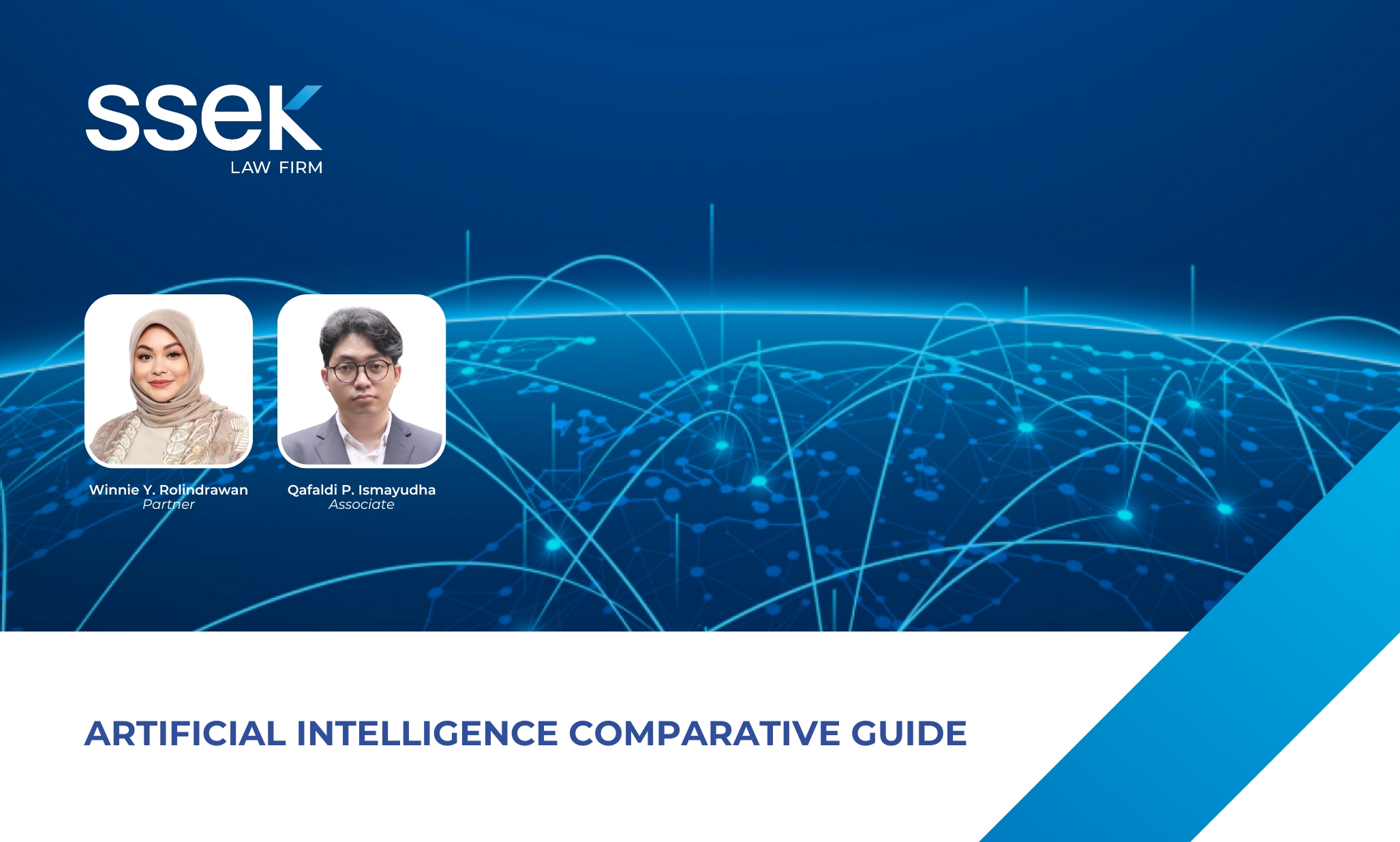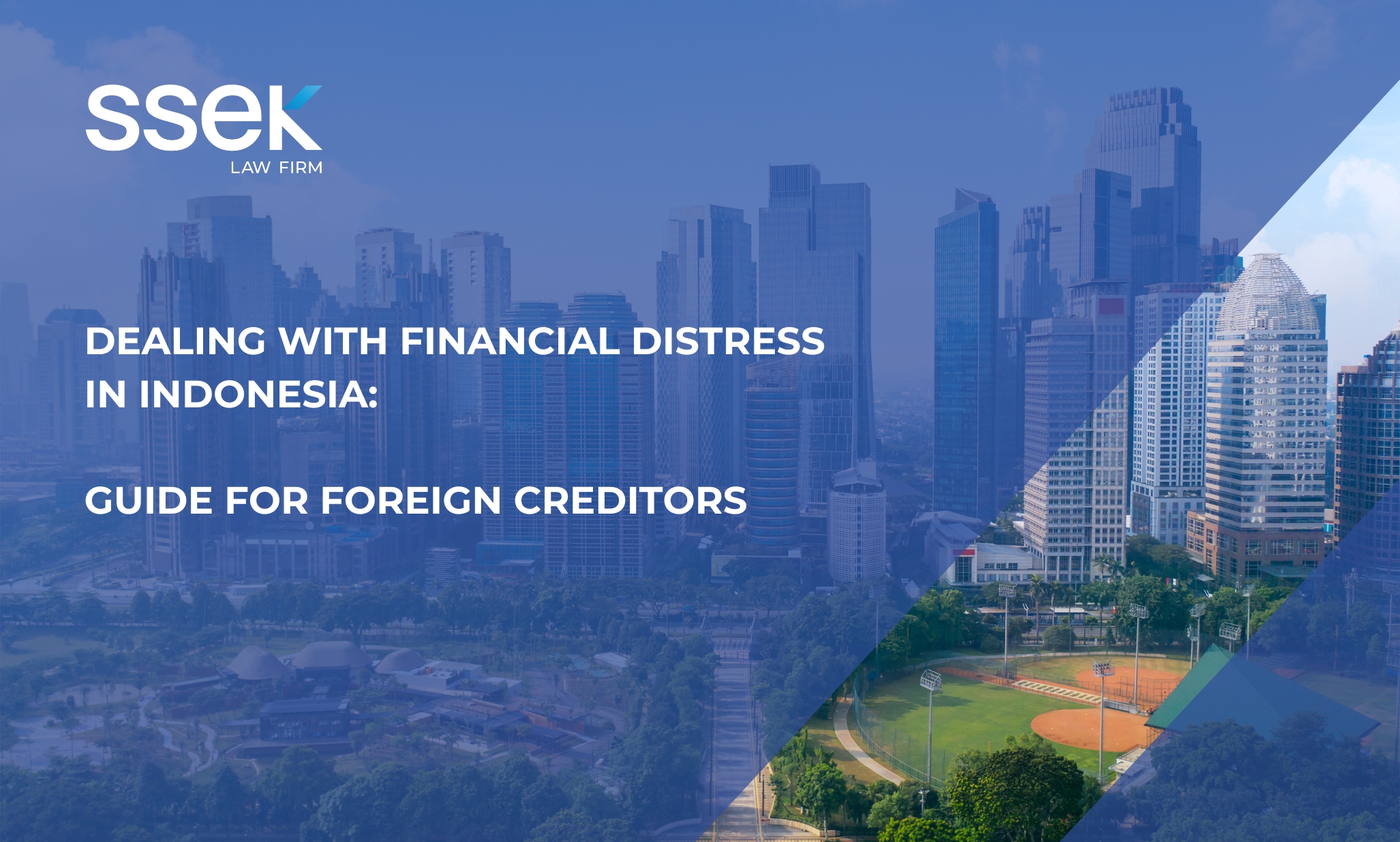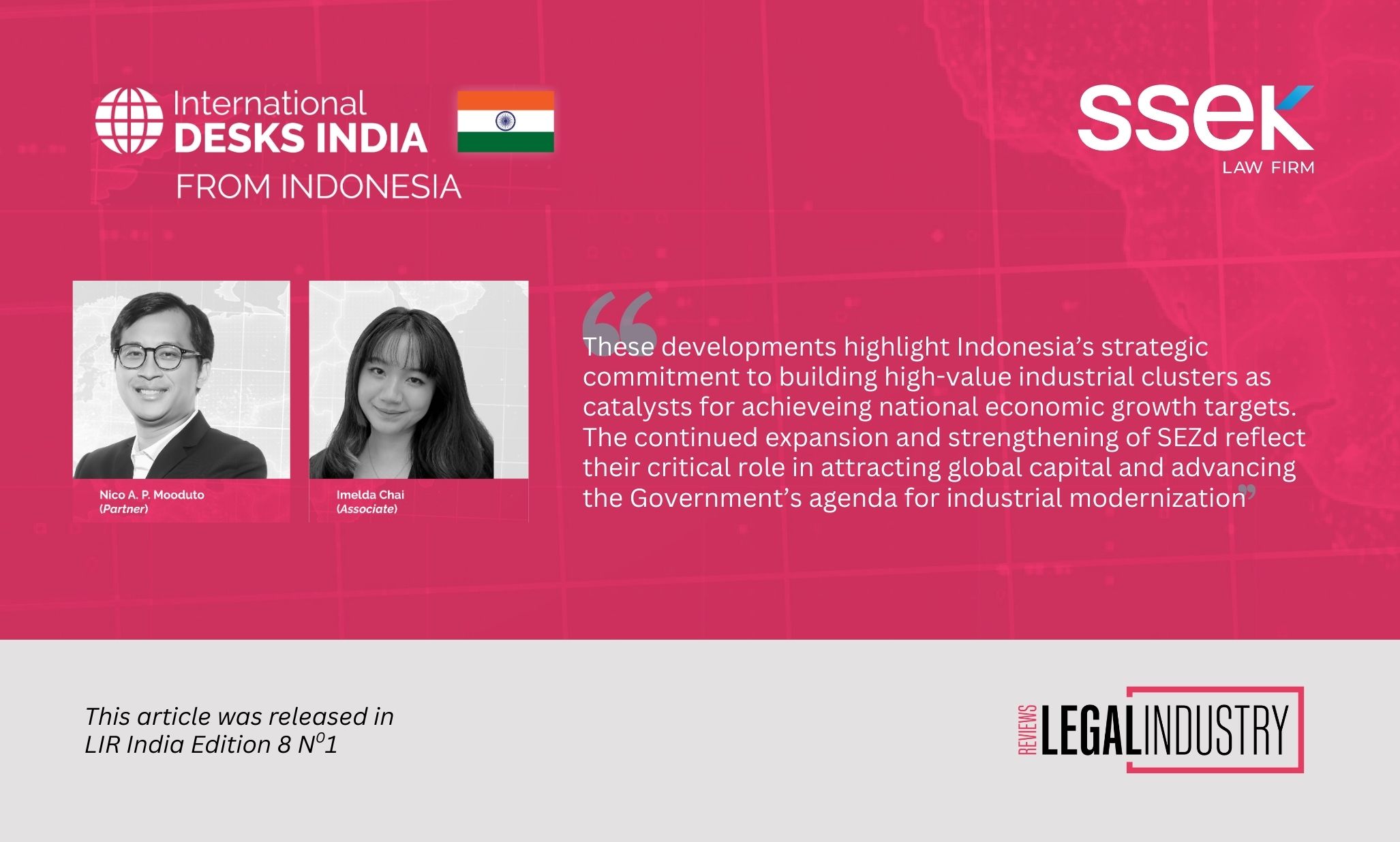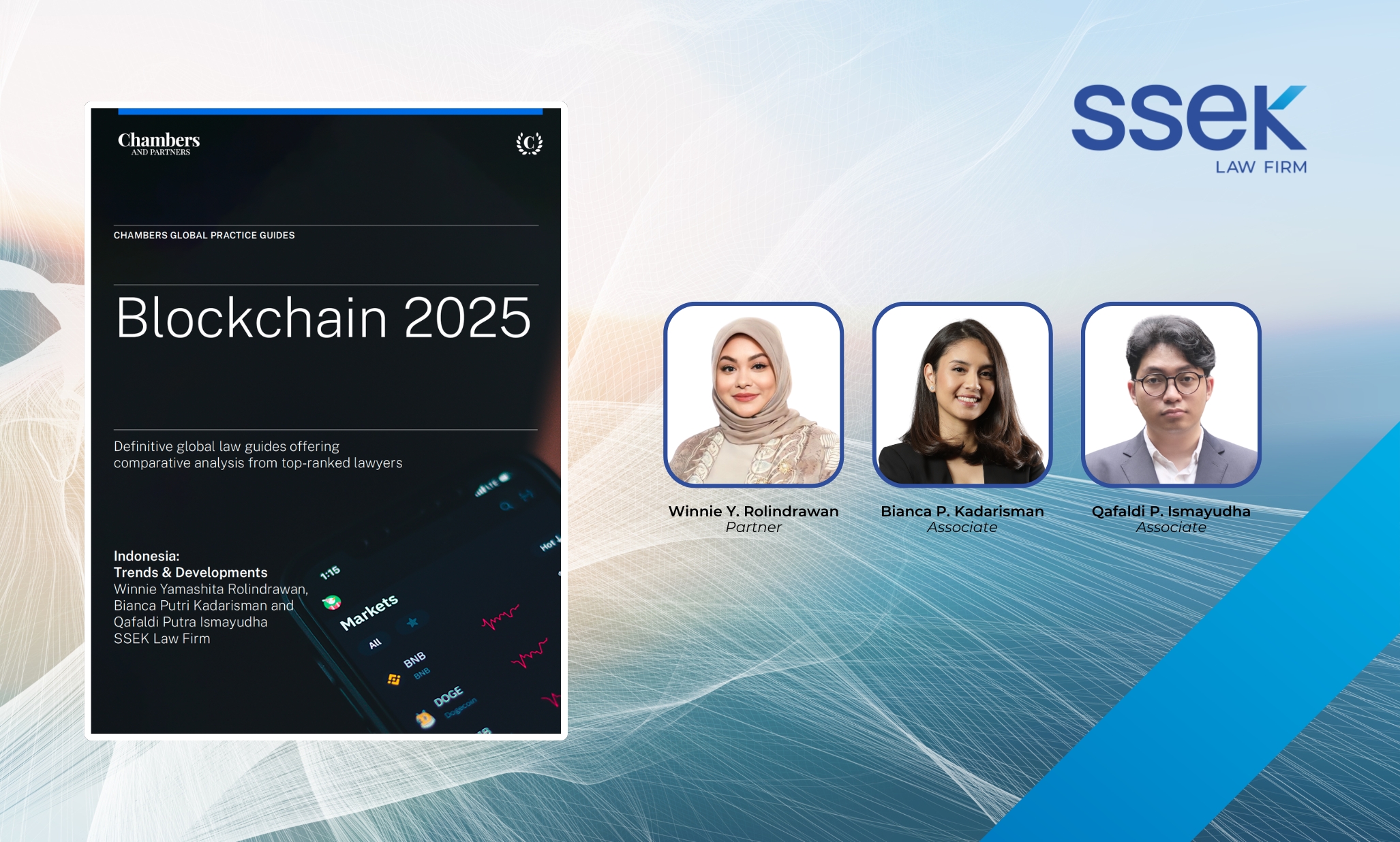


Until mid-2020, the share of renewable energy in Indonesia’s total primary energy supply had only reached 10.9 percent. Coal-fired power plants still dominate the supply of electrical energy in Indonesia, while renewable energy power plants account for 14.69 percent of the total national installed power generation capacity. Hydropower and geothermal power account for a majority of the renewable energy mix.
Presidential Regulation No. 18 of 2020 regarding National Mid-Term Development Plan 2020–2024 (PR 18/2020), which sets out Indonesia’s GHG emissions targets in several key sectors, including forestry, peatland, agriculture, energy, transportation, industry, and waste management, includes targets and strategies to strengthen economic resilience and strengthen infrastructure to support economic development, which includes a discussion on energy.
Pursuant to the National Mid-Term Development Plan, the government plans to reach a renewable energy share of 23 percent by 2025, a goal also outlined in Indonesia’s Nationally Determined Contribution (NDC). To achieve energy efficiency, the government plans to increase the efficiency of energy and electric power utilization by:
- developing an energy service company;
- expanding, rehabilitating and increasing the capacity of the transmission and distribution system;
- developing information management and data control systems;
- developing and utilizing smart grid technology; and
- utilizing high-efficiency and low-emission or HELE technology.
To express its commitment on renewable energy, Indonesia released the National Energy Policy (KEN) 2014–2050, which is a guideline to provide direction for national energy management to achieve national energy independence and security, supporting sustainable national development. Based on the KEN, the government plans to maximize the use of renewable energy, minimize the use of petroleum, optimize the use of natural gas and new energy (such as coal bed methane, liquified coal, gasified coal, hydrogen and nuclear), and use coal as a mainstay of national energy supply.
In the electricity sector, PT Perusahaan Listrik Negara (PLN), the Indonesian state-owned electricity enterprise, which has a monopoly on electricity distribution in Indonesia, recently introduced the Renewable Energy Certificate Program, aiming to increase awareness of renewable energy. Power producers will receive a certificate for every one megawatt hour of renewable energy-based electricity they produce. Such certificates are tradeable and can be used by companies to offset their carbon footprint.
In addition, the government has enacted Presidential Regulation No. 112 of 2022 regarding the Acceleration of Renewable Energy Development for Electricity Generation (PR 112/2022), which also includes a mandatory phasing out of coal-fired power plants (CFPPs) and provisions on greater incentives for renewable energy projects. For example, for renewable project tenders, PR 112/2022 exempts (1) multifunctional hydro plants, (2) geothermal power plants, (3) expansion projects for geothermal, hydro, solar PV, wind, biomass and biogas power plants, and (4) excess power from geothermal, hydro, biomass and biogas power plants from the requirement to be listed in PLN’s List of Selected Providers (Daftar Penyedia Terpilih (DPT)).
Excerpted from Lexology Getting the Deal Through – Climate Regulation, published by Law Business Research.
Find Lexology Getting the Deal Through – Climate Regulation: Indonesia here.
This publication is intended for informational purposes only and does not constitute legal advice. Any reliance on the material contained herein is at the user’s own risk. All SSEK publications are copyrighted and may not be reproduced without the express written consent of SSEK.









